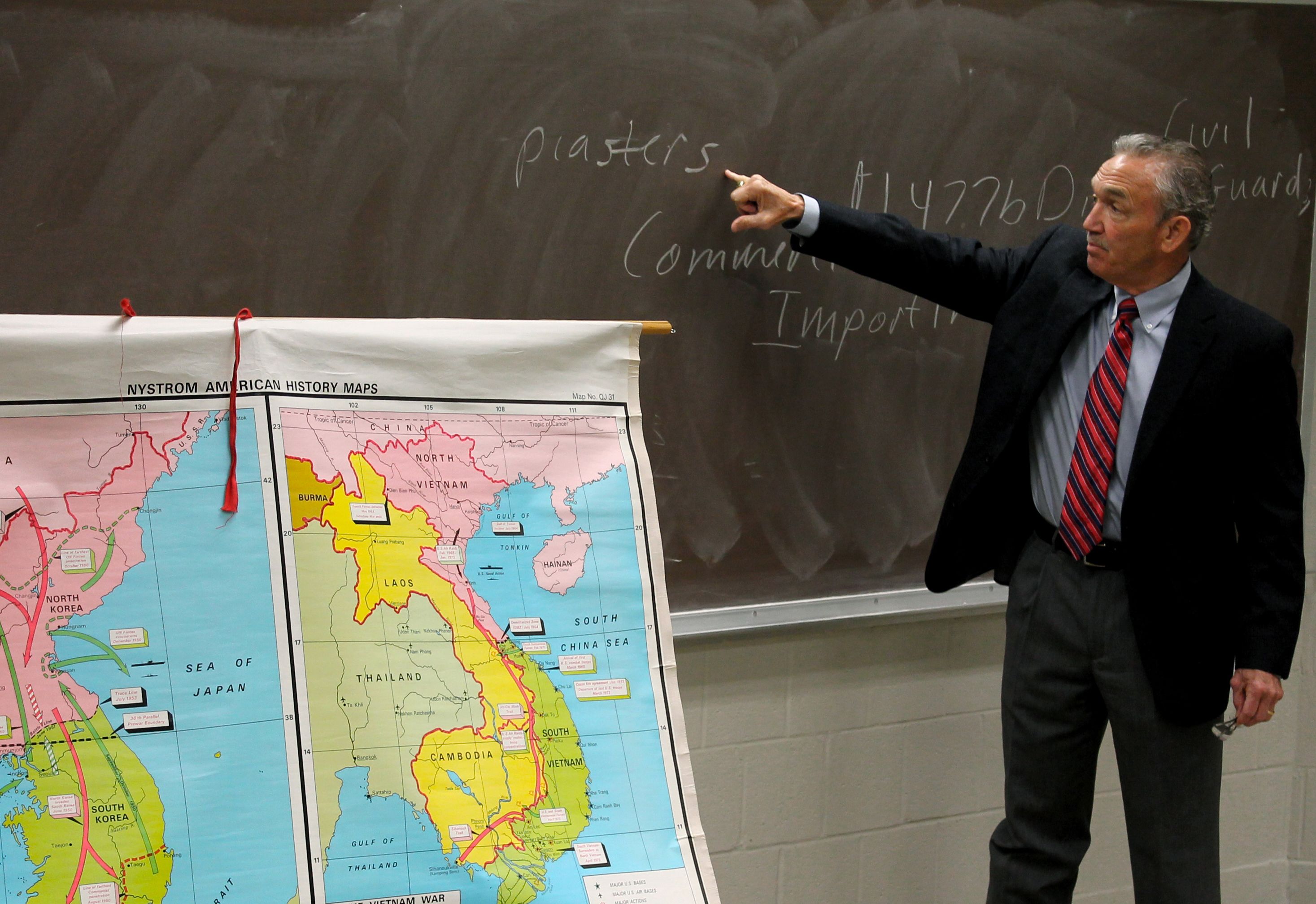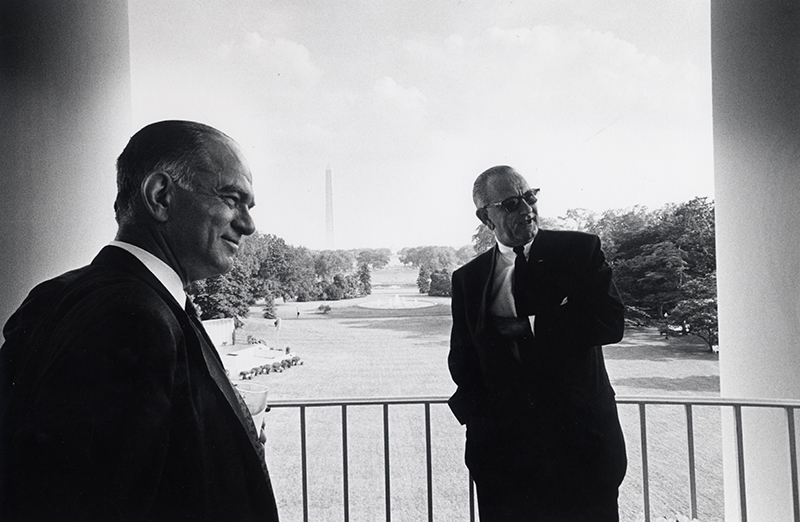Retro Readings: Fulbright
FULBRIGHT INTERNATIONALISM, HNRC 301VH-002
TUESDAYS, 4-5:15 p.m., FALL2018
GEAR 243
Students: here is the link to the Retro Readings Application form. The deadline to apply is midnight Wednesday, March 28, 2018.
J. William Fulbright is probably best know for the international exchange program that bears his name, and for his opposition to the war in Vietnam. But he was also one of the Cold War era's most influential and original thinkers and a relentless critic of American foreign policy. As chair of the Senate Foreign Relations Committee from 1959-1974, he and his staff grappled with the most compelling issues on the international stage after World War II. He was a thoroughgoing supporter of Woodrow Wilson, one of the driving forces behind the establishment of the United Nations in 1945. Fulbright believed that the only alternative to an endless cycle of war and peace was an international collective security organization in which each of the members was willing to surrender a portion of its sovereignty for the common good. Frustrated by the Great Powers' unwillingness to do this, he became an early Cold War warrior. But he soon became deeply disillusioned with the ideological base of U.S. foreign policy, as one administration after another allied itself with corrupt, though anti-communist, dictatorships in the name of freedom and democracy.
This course will delve into Fulbright's dream of an association of nations where membership was based on judicial equality rather than ideological conformity. He was never able to answer those of his critics who insisted that totalitarian/authoritarian governments are inherently expansionist, nor those who believed individual freedom and human rights are never safe or morally defensible in a world in which they are denied to so many. In this course students will seek to provide responses to these dissenters, by exploring and attempting to define the characteristics of an effective and benign internationalism.
What's in it for you?
- Learn more about the legacy behind the namesake of our very own College of Arts and Sciences
- Discover the intricacies of and possibilities for a peaceful internationalism, in Fulbright's era and our own
What's expected of you?
- Active engagement and participation in class discussion
About Randall Woods:
 Randall Bennett Woods is a John A. Cooper Professor of History/Distinguished Professor of History in the
J. William Fulbright College of Arts and Sciences. Professor Woods’s research focuses
on post-World War II American diplomacy, history of the presidency, African American
History and internationalism. He has authored numerous books, including a study of
the C.I.A. during the Vietnam War era, the “Great Society” under President Lyndon
Baines Johnson and a biography of J. William Fulbright. Woods also has won many prestigious
grants and fellowships. Most recently, he served as a visiting professor at the Rothermere
Institute at the University of Oxford. Currently, Woods is working on an exchange
program between the University of Arkansas and universities in Vietnam. Simultaneously,
he is writing a book on the diplomatic world of President John Quincy Adams.
Randall Bennett Woods is a John A. Cooper Professor of History/Distinguished Professor of History in the
J. William Fulbright College of Arts and Sciences. Professor Woods’s research focuses
on post-World War II American diplomacy, history of the presidency, African American
History and internationalism. He has authored numerous books, including a study of
the C.I.A. during the Vietnam War era, the “Great Society” under President Lyndon
Baines Johnson and a biography of J. William Fulbright. Woods also has won many prestigious
grants and fellowships. Most recently, he served as a visiting professor at the Rothermere
Institute at the University of Oxford. Currently, Woods is working on an exchange
program between the University of Arkansas and universities in Vietnam. Simultaneously,
he is writing a book on the diplomatic world of President John Quincy Adams.
